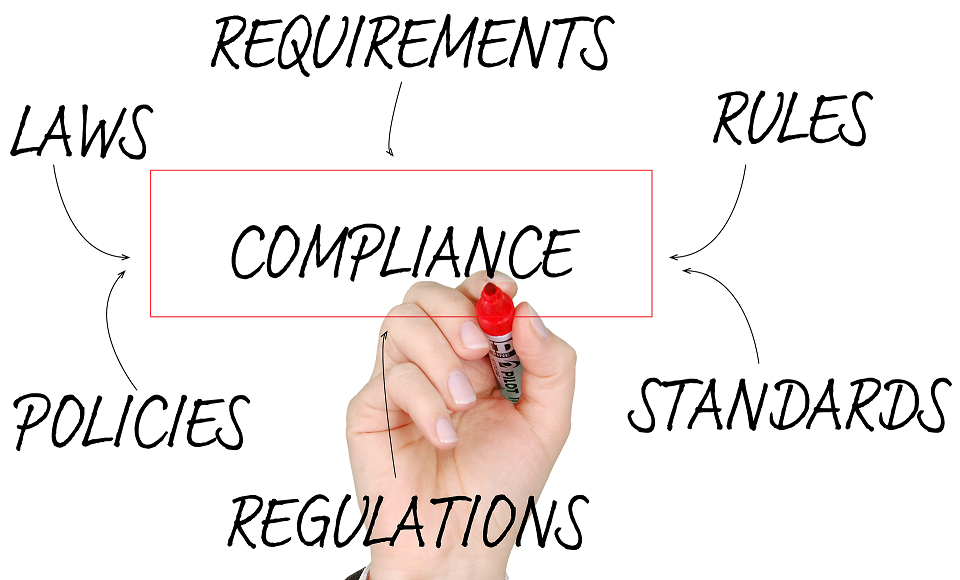China’s Ministry of Ecology and Environment issued “Guiding Opinions on Stepping up Law Enforcement and Oversight of Pollutant Discharge Permits” on March 29, 2022.
The “Guiding Opinions” contain measures to oversee the pollutant discharge permit system more strictly. These measures include list-based law enforcement inspection using the requirements written on the permit as a list of key inspection items; inspection of the pollutant discharge permit; sampling inspection for ensuring compliance with requirements related to the permit after its issuance; a positive list of companies for differentiated oversight of them; and automated monitoring and other types of remote inspections.
Targets
- By the end of 2023, implement list-based law enforcement inspection concerning the pollutant discharge permit in key industries and establish a basic pollutant discharge management system based on the permit.
- By 2025, implement list-based law enforcement inspection concerning the pollutant discharge permit for all stationary pollution sources and establish a complete pollutant discharge management system based on the permit.
List-based law enforcement inspection
This inspection is conducted using the requirements written on the pollutant discharge permit as a list of key inspection items. The inspection items include the installation of standardized discharge outlets, concentrations and amounts of pollutants discharged, operation and management of pollutant control facilities and compliance with fugitive discharge control requirements.
Sampling inspection
Records concerning the pollutant discharge permit are stored in a database for law enforcement and oversight of companies. Sampling inspection is performed on the permit as well as on compliance with the requirements related to the permit after its issuance. Companies with higher environmental risk are subject to more frequent sampling inspections and more careful oversight.
Positive list for differentiated oversight
Companies that have achieved a high standard of pollution control and implemented standardized pollution discharge management are added to the positive list. The manner of oversight is differentiated for companies on this list. For example, they receive a reduced number of on-site inspections. Companies violating regulations will be removed from the list.
Heavier penalties
Penalties have been made heavier for discharging pollutants without a permit or not discharging them in accordance with the requirements of the pollutant discharge permit. Companies committing dishonest, illegal acts — including unlawful discharge, the submission of false self-monitoring data and intentional improper operation of pollution control facilities — will receive severe punishment, such as an order to stop production, accumulative penalties imposed on a daily basis and the cancellation of their permit.
The full text of the “guiding opinions” (in Chinese) is available at
https://www.mee.gov.cn/xxgk2018/xxgk/xxgk03/202204/t20220401_973304.html
The following article explains China’s Regulations on the Administration of Pollutant Discharge Permits:
State Council of China releases Regulations on Administration of Pollutant Discharge Permits
 China steps up oversight of pollutant discharge permit system with heavier penalties
China steps up oversight of pollutant discharge permit system with heavier penalties 

























